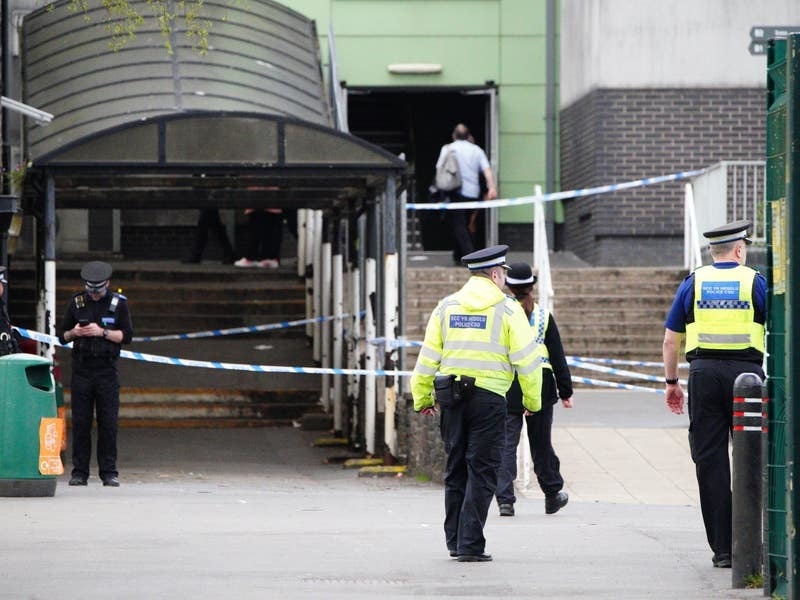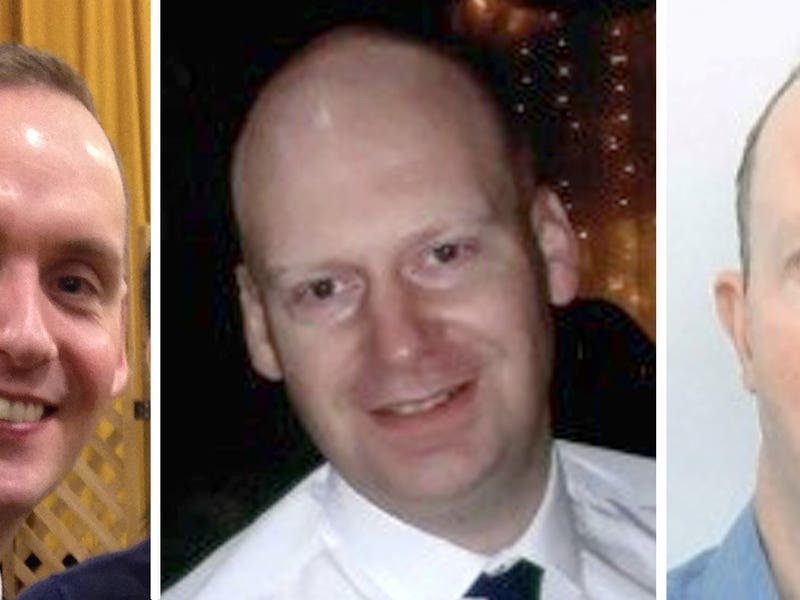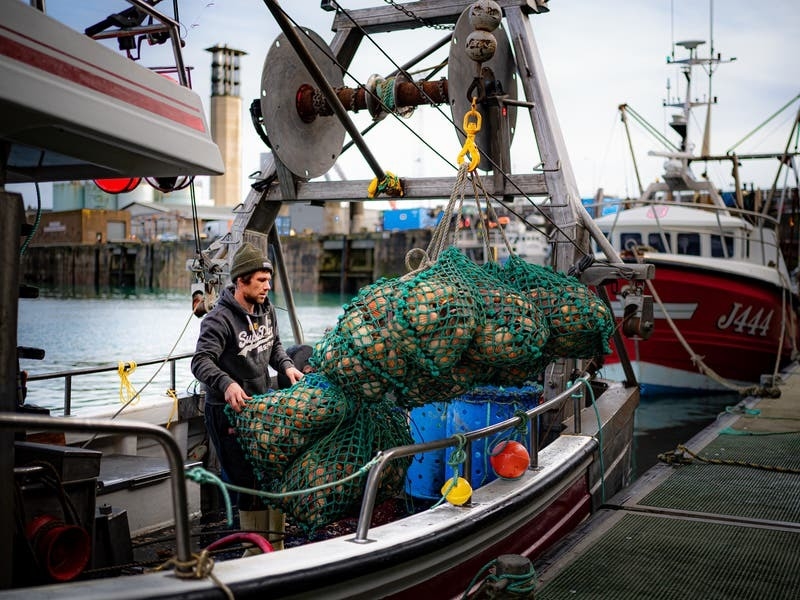A MAN convicted of money laundering had his human rights breached after being forced to attend his father’s funeral in handcuffs without legal justification, according to a recently published judgment.
Darius Pearce was jailed for 7½ years for three counts of money laundering in 2021.
He had applied for a temporary-release licence in order to attend the funeral or, if this was deemed unacceptable, to be escorted there by prison officers.
Prison guidelines at La Moye stated that inmates with more than two years remaining on their sentence would have to be cuffed at all time when on escorted release – although this would be subject to a risk assessment.
Following the risk assessment, it was deemed that Pearce was, according to a recent Court of Appeal judgment, ‘too high a risk to be permitted to attend the funeral unless in handcuffs’.
He applied to the Royal Court to have the ruling overturned but his appeal was dismissed.
Now, the Court of Appeal has ruled that there was an ‘error of law’ and granted Pearce leave to seek a judicial review of decisions taken by the Home Affairs Minister and the governor of La Moye Prison.
The Court of Appeal, presided over by Sir Wyn Williams, with Sir William Bailhache and Guernsey Bailiff Richard McMahon sitting, ruled in its judgment: ‘Despite the policy starting point that a prisoner under escort outside the prison will be handcuffed at all times, there is nonetheless a need for a risk assessment to be completed to establish the level of risk given that prisoners are only escorted outside of the secure environment where necessary and must be kept secure, having regard to the purpose of the visit in question.’
Several of the reasons offered as to why Pearce was deemed high risk were discredited by the Court of Appeal which added, in its judgment, that the conclusions reached appeared to be a ‘rigid application of policy without any genuine risk assessment being conducted’.
Some of the reasons offered by the prison governor for Pearce requiring handcuffs to attend the funeral were that the length of his sentence, and the fact he was appealing against it, meant he could be at risk of absconding, that the public could be placed at threat of harm owing to a 1996 conviction for assault and that Pearce himself could have been placed at risk of violence from people he had defrauded.
The Court of Appeal stated that it was ‘strikingly absent’ from the risk assessment that Pearce had no history of absconding from police or custody and that would ‘surely have reduced the possible risks of escape on what would likely be an extremely emotional occasion when other members of his family would be present with him to pay their last respects to his father’.
The judgment continued: ‘As to violence, reference was made to a historical conviction for assault on the police in 1996, with verbal altercations which had taken place with two other prisoners whilst in custody as well as with a senior officer. That altercation had arisen from the appellant claiming that the others had broken prison rules by opening some legal mail which he had tried to send out using another prisoner’s account. I
‘It is obvious that, that being the cause of the verbal altercation, it was not going to arise again on a visit to his father’s funeral, and the historical conviction for an assault on the police in 1996 appears to us to be so distant a conviction that it carried little weight.
‘In those circumstances, it is extremely surprising that the appellant was categorised as medium risk on the grounds of violence, and insofar as this means a risk to members of the public, the risk was in our view extremely low.’
There was ‘no doubt’ that Pearce’s human rights had been breached, according to the court, and the application of restraints at the funeral was ‘without lawful justification’.






